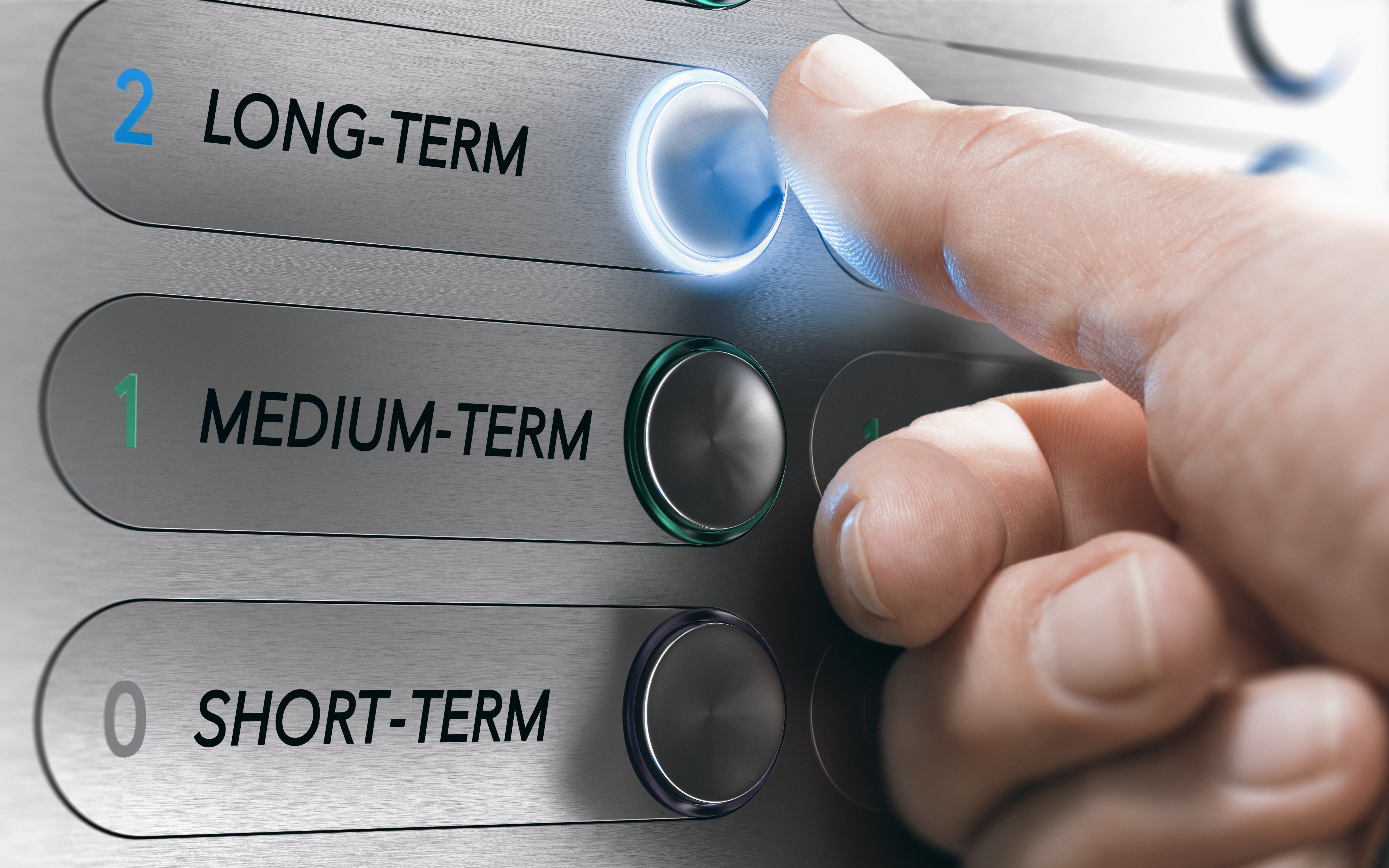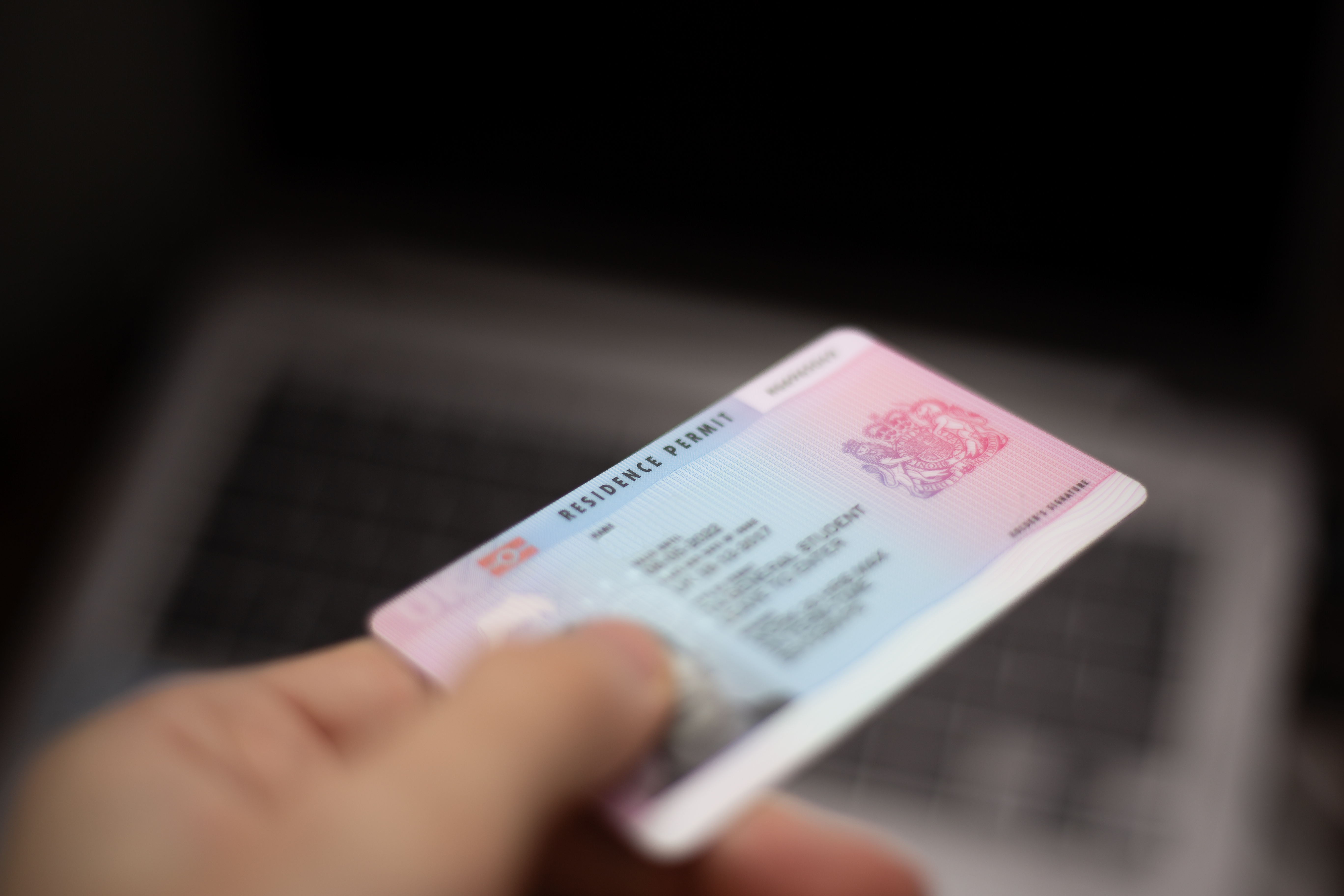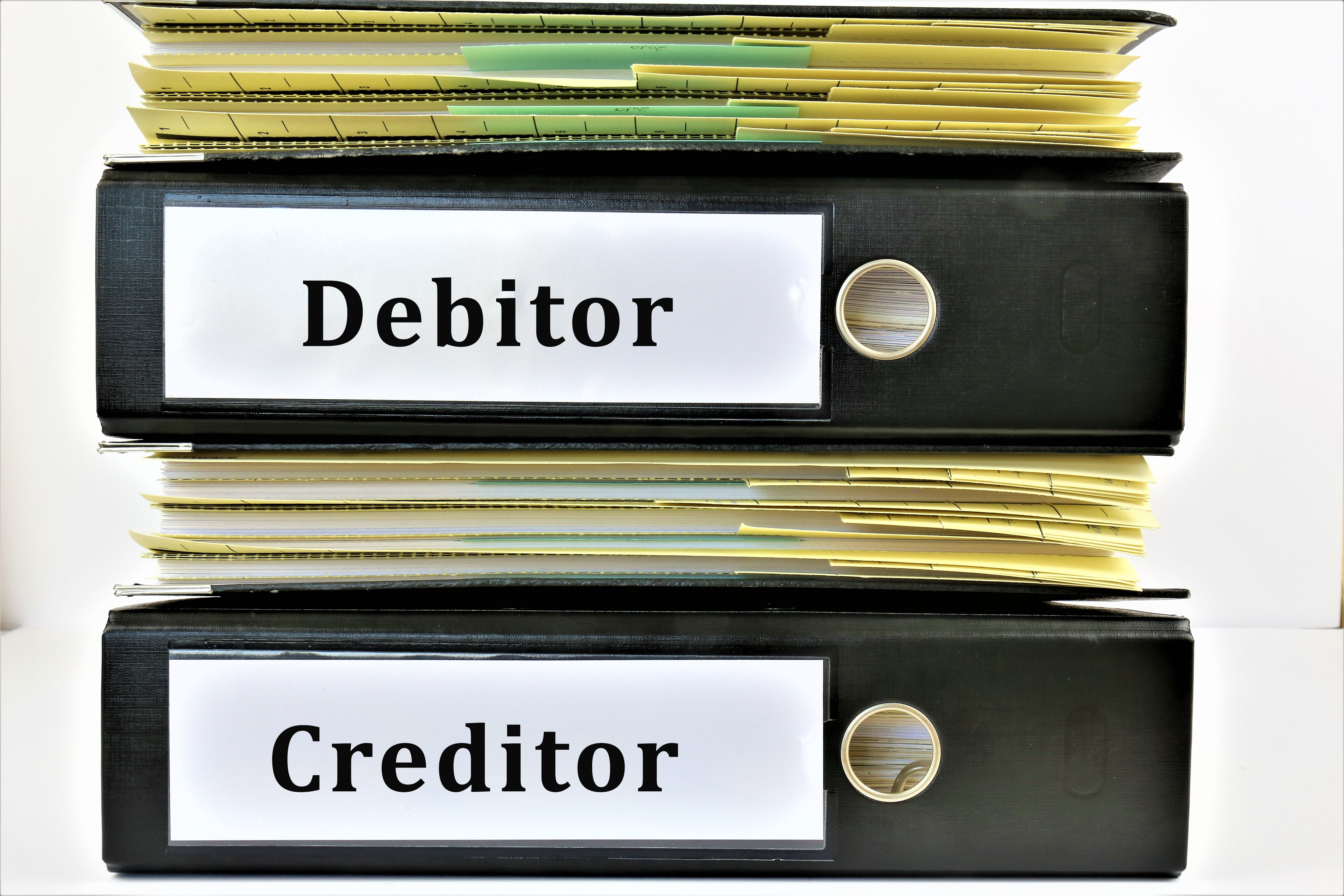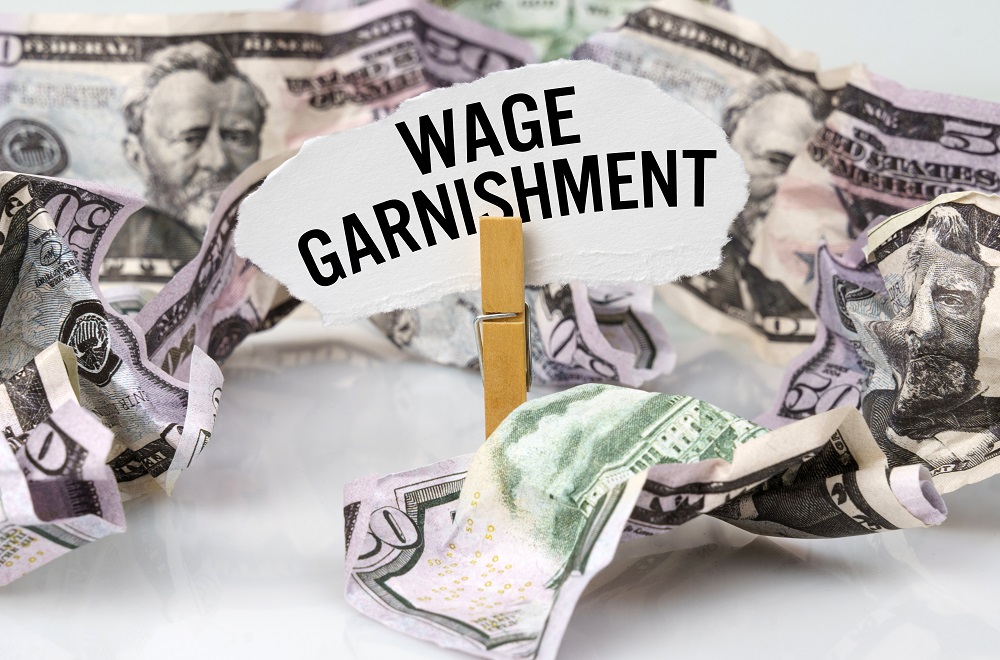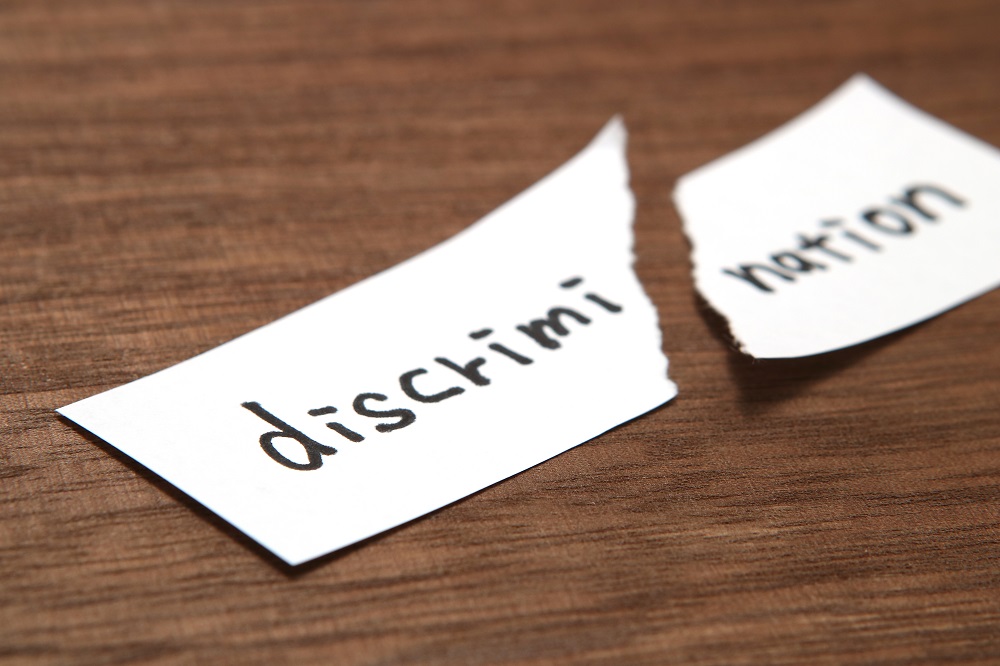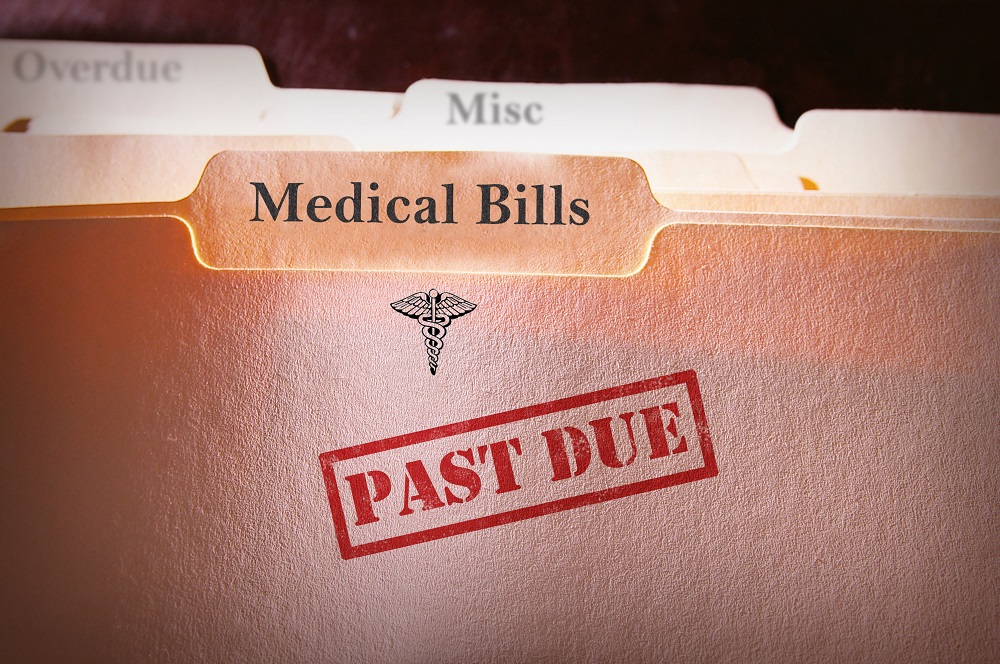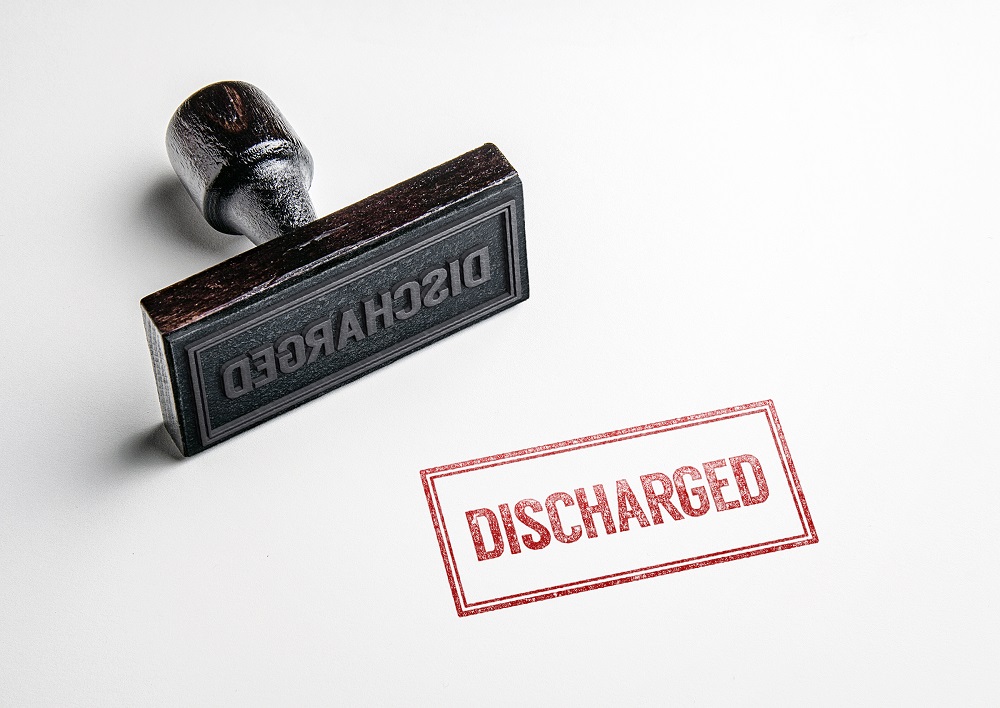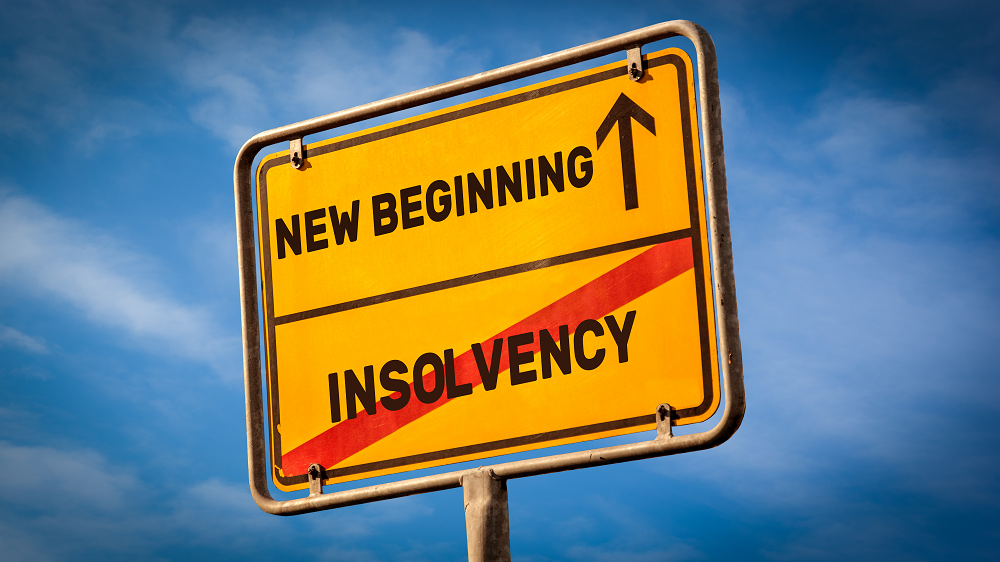A common concern for many people considering filing for bankruptcy is whether they will be able to protect their wages after they file. The Federal Bankruptcy Code is very generous about allowing debtors to keep the money that they earn from work to provide for their basic needed monthly bills and expenses.

Protecting Your Wages in Bankruptcy in Minnesota | LifeBack Law Firm
A common concern for many people considering filing for bankruptcy is whether they will be able to...




